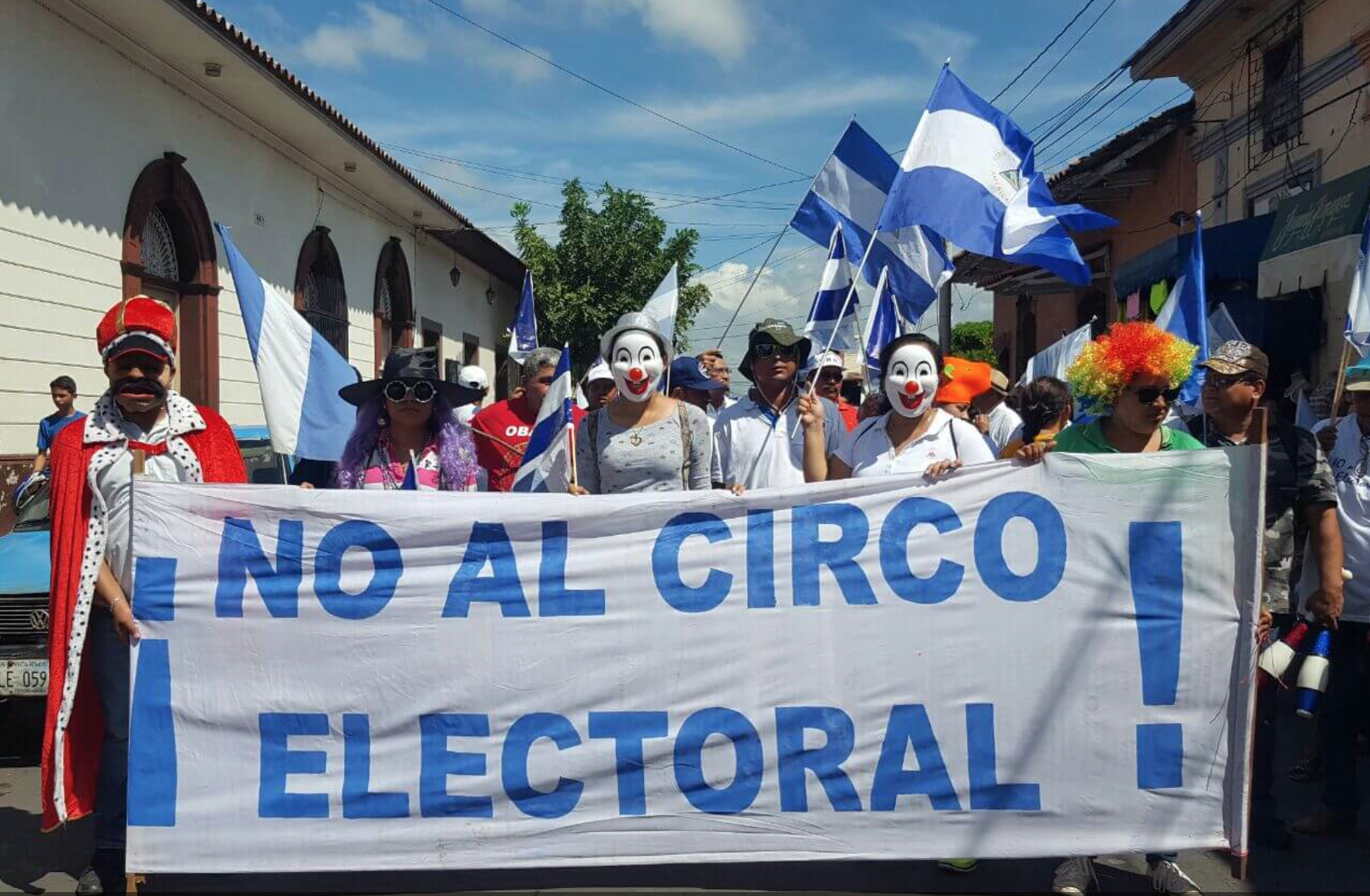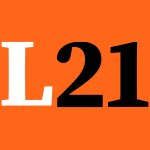Electoral observation is key to legitimizing elections. Therefore, countries that regulate observation accredit national and international organizations that analyze and report impartially on the quality and integrity of elections. For this purpose, input is obtained from civil society and political parties, in addition to the electoral bodies, to evaluate the conditions, organization, and rules of the elections. However, what happens when elections are not free and transparent or, even worse, when they are held in non-democratic contexts? What place does electoral observation have? None.
During the Nicaraguan general elections of November 2021, members of the opposition were imprisoned, including presidential candidates and academics such as José Antonio Peraza, member of the Council of Experts on Electoral Transparency and co-author of the book El régimen de Ortega. ¿Una nueva dictadura familiar en el continente? and of a famous investigation that confirmed fraud in previous municipal elections. In addition, the independent media was silenced, sectors of civil society were attacked, and the international electoral observation recommended by the Organization of American States (OAS) was denied.
Today, electoral integrity in Nicaragua is a matter of the past. In 2011, the partisan Supreme Electoral Council (CSE) excluded members of opposition parties and refused to accredit its prosecutors or to allow them to follow the vote count. Last year, the CSE reduced the time allowed for campaigning and ballot marking. The CSE weakened the autonomy of the parties and added discretionalities regarding the counting, publication of results, complaints, contestation, and appeals. Fundamentally, the CSE also failed to clarify the criteria for delimiting the electoral districts, limiting the principle of equality of the vote, and subordinating the design of electoral districts to political rather than technical criteria.
The absence of Election Observation Missions in Nicaragua in 2021 is one of the variables that explain the country’s location in the last places of the Latin American Electoral Observation Index, elaborated by Transparencia Electoral. Last November’s elections did not have any qualified observation missions, such as those of the OAS, the European Union (EU), or the Carter Center. The last OAS and the EU observation missions took place in 2011.
In 2021, there were no technical, national or international observation missions, given that the only figure contemplated is that of electoral accompaniment, carried out by members of the ruling party, the Sandinista National Liberation Front (FSLN for its acronym in English). Differentiating electoral observation from the accompaniment is crucial, given the proliferation of organizations that carry out false electoral observations and pretend to validate electoral processes that absolutely lack integrity.
Electoral accompaniment differs from observation because it limits the freedom of expression and mobility of the members of the mission, requires that the report not be published in some cases, and enables the host country to control the activities of the accompaniers. According to the Carter Center (2012), the objective of accompaniment is to invite foreigners to observe only Election Day, and their presence is mostly symbolic. On the other hand, election observation is about inviting international organizations to systematically and impartially evaluate an electoral process, and subsequently make contributions to improve the integrity of the processes, strengthen voter confidence in the institutions and inform society and the international community of what happened.
There are other terms related to observation, such as veeduría (citizen supervision), which implies more limited freedom and functions than observation. The veeduría is a mostly national observation mechanism, in which citizens supervise different stages of the electoral process. In Nicaragua, the incorporation of the figure of electoral accompaniment in the legislation took place in May 2021, when the National Assembly controlled by the FSLN approved the Law of Reform and Addition to the Electoral Law.
According to the observatory Urnas Abiertas, the change of term takes advantage of the lack of knowledge about these differences to exploit ambiguities and close the doors to qualified organizations to perform observation missions. The law does not specify the duration of the accompaniment, the phases in which it participates, or its link with civil society actors; but the fundamental difference between Ortega’s electoral accompaniment and the election observation missions lies in its impartiality, accuracy, independence, and methodology.
Banning electoral observation in favor of accompaniment generates certainty in only one aspect: the regime is concerned with keeping up appearances, the same reason why on November 6 of this year, Nicaragua will hold municipal elections (although they have not yet been officially called). If the 2021 presidential electoral process is any reference, what will happen in November should not surprise anyone, since the objective of the official party is to capture the 153 mayoralties of the country without any competition.
According to an independent measurement by the organization Urnas Abiertas, abstention in those elections reached 81.5%, although the official version of the CSE placed it at 34.7%. After imprisoning no less than seven rivals and exiling two others, Ortega secured in those elections his fourth consecutive mandate (fifth in total).
So, the country heads into these elections with zero guarantees, especially after on July 4, the Ortega regime replaced the incumbents of five mayoralties held by the opposition Citizens for Liberty Party (CxL). The measure is reminiscent of 2014 when in Venezuela, Nicolás Maduro removed and imprisoned the opposition mayors of the municipalities of San Diego and San Cristóbal, in the states of Carabobo and Táchira, respectively, in an unprecedented case of intervention by a politicized Judiciary. In other words, the November municipal elections will take place in a context in which it is unknown whether the elected authorities, if they belong to an opposition party, will be able to assume and exercise their functions or whether they will be able to finish their term of office.
In any case, the suppression of qualified election observation is a consequence of Nicaragua’s democratic decline. And the observation missions were among the actors who warned about the progressive (although more violent when compared to other similar cases) evolution of Ortega’s offensive against the electoral administration and the democratic institutionality, whose independence and integrity have been completely lost.
Translated from Spanish by Janaína Ruviaro da Silva
Autor
Political scientist. Director of Electoral Transparency Latin America. Professor at the School of Social Sciences of the University of Buenos Aires (UBA). Master in Electoral Law from Univ. Castilla La Mancha (Spain). Author of the book "Así se Vota en Cuba".











